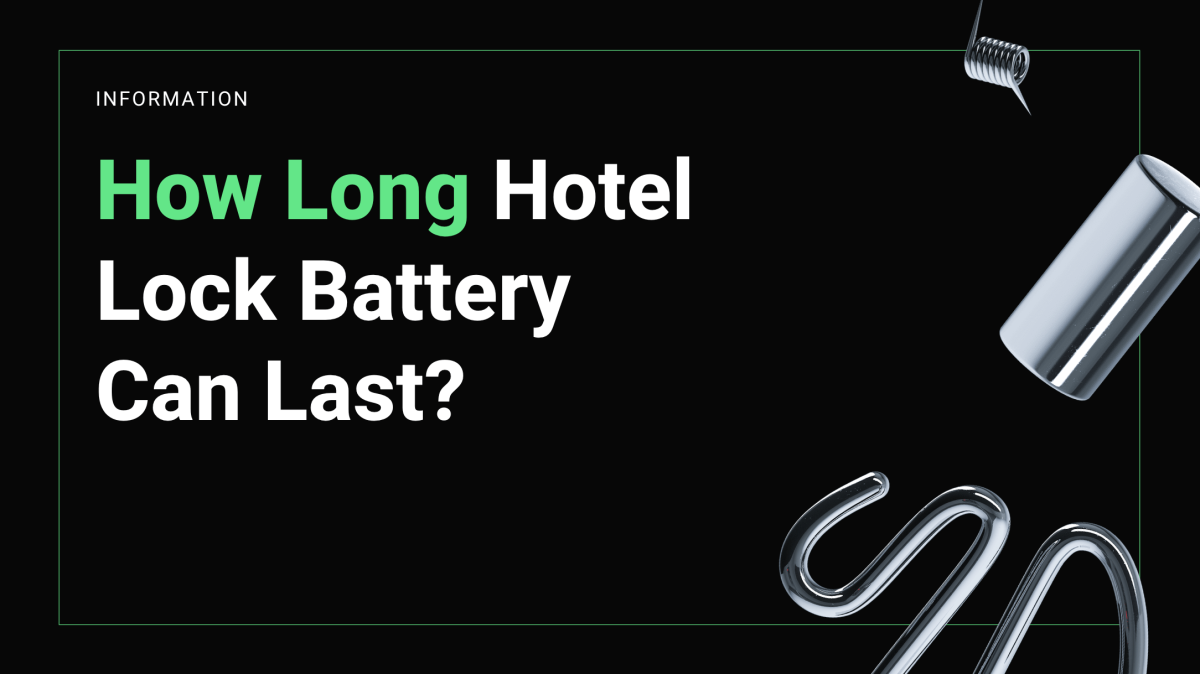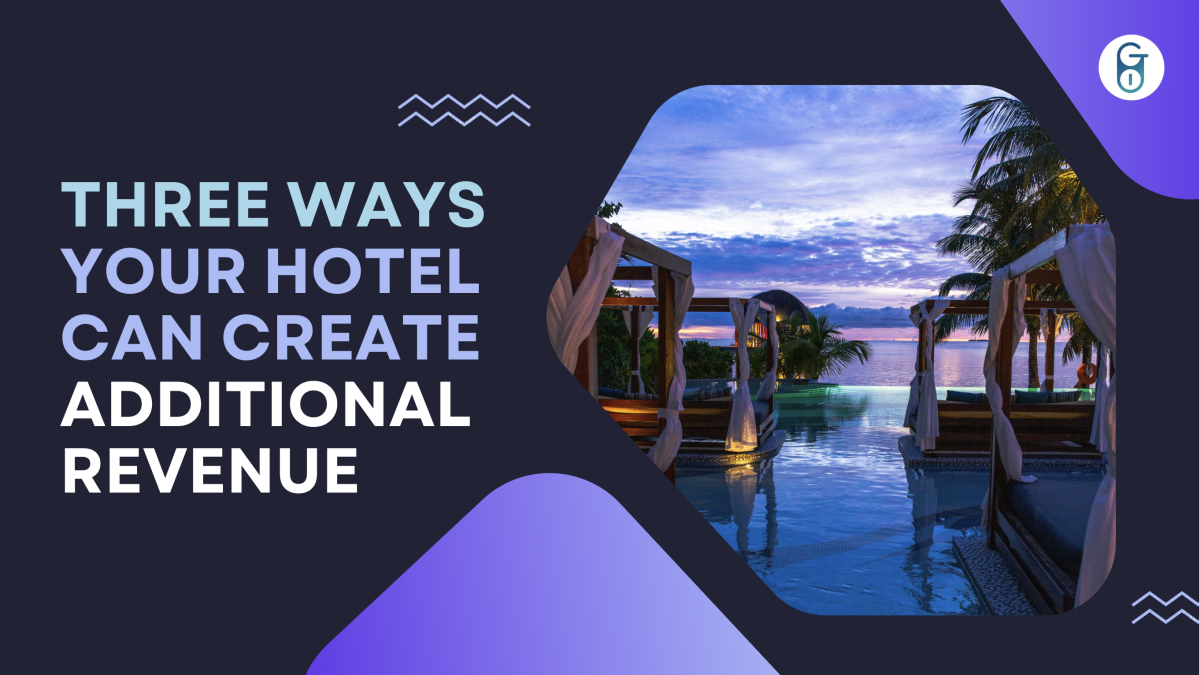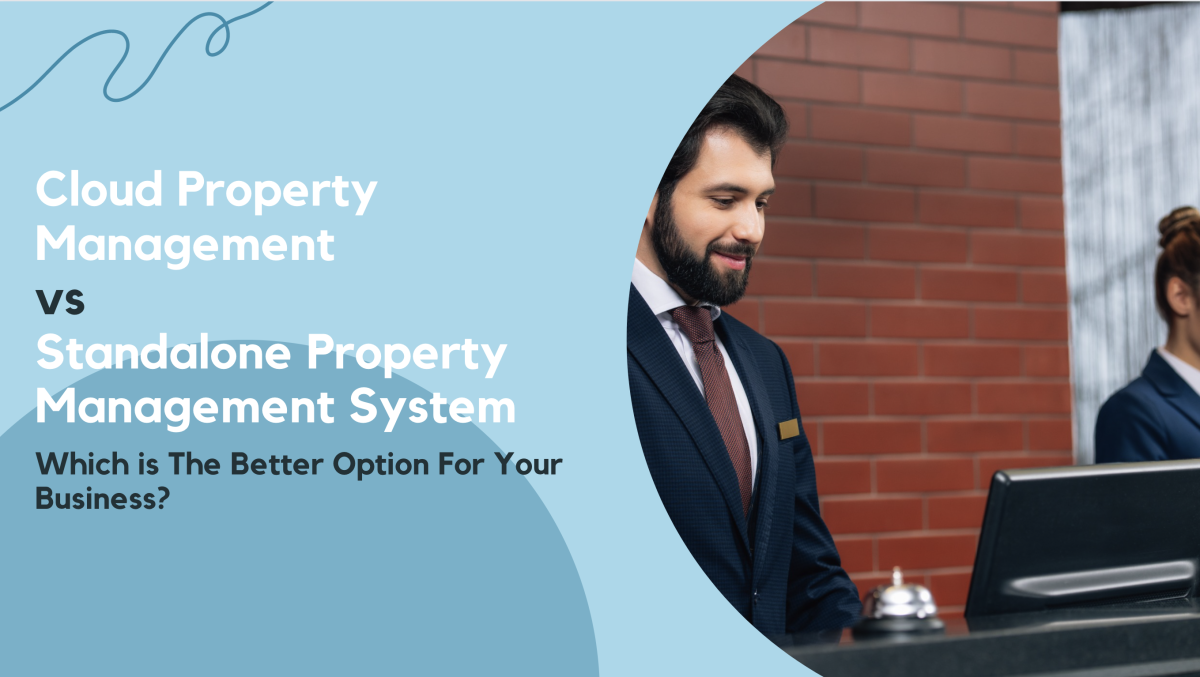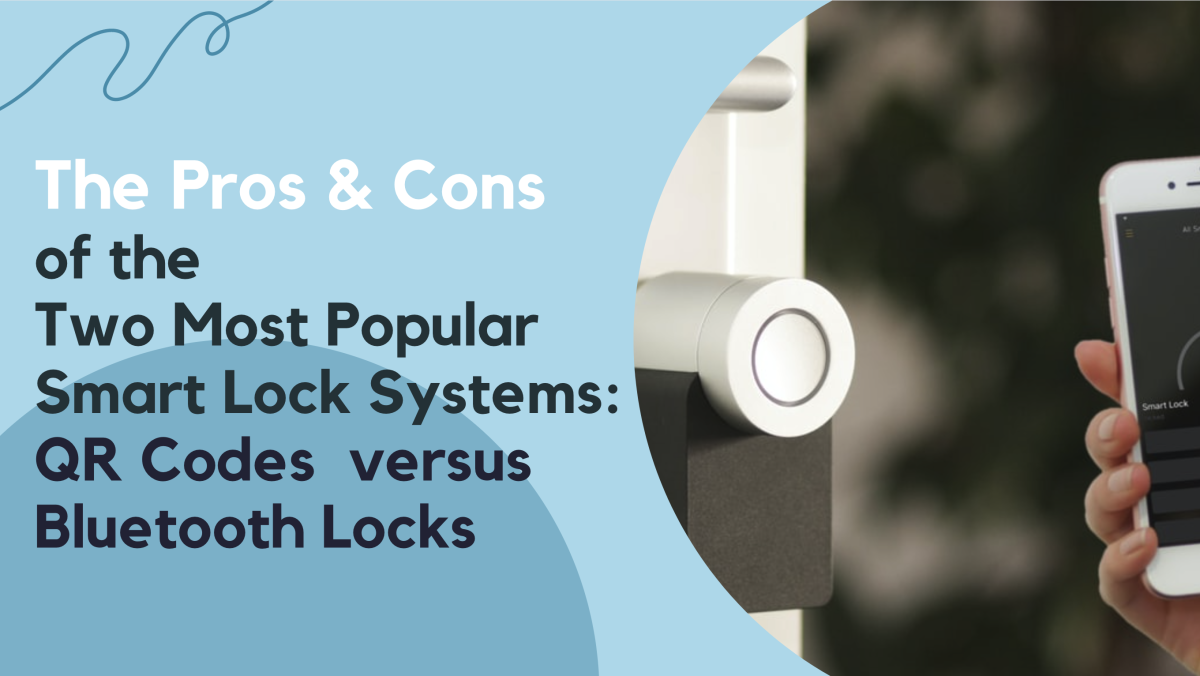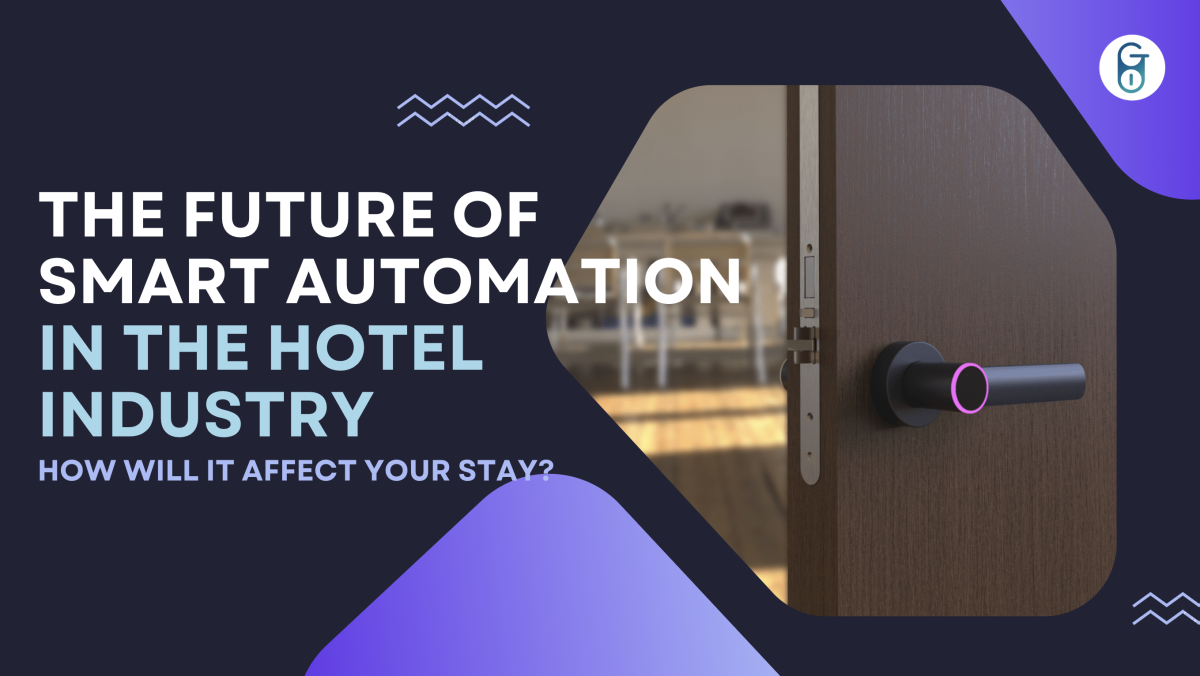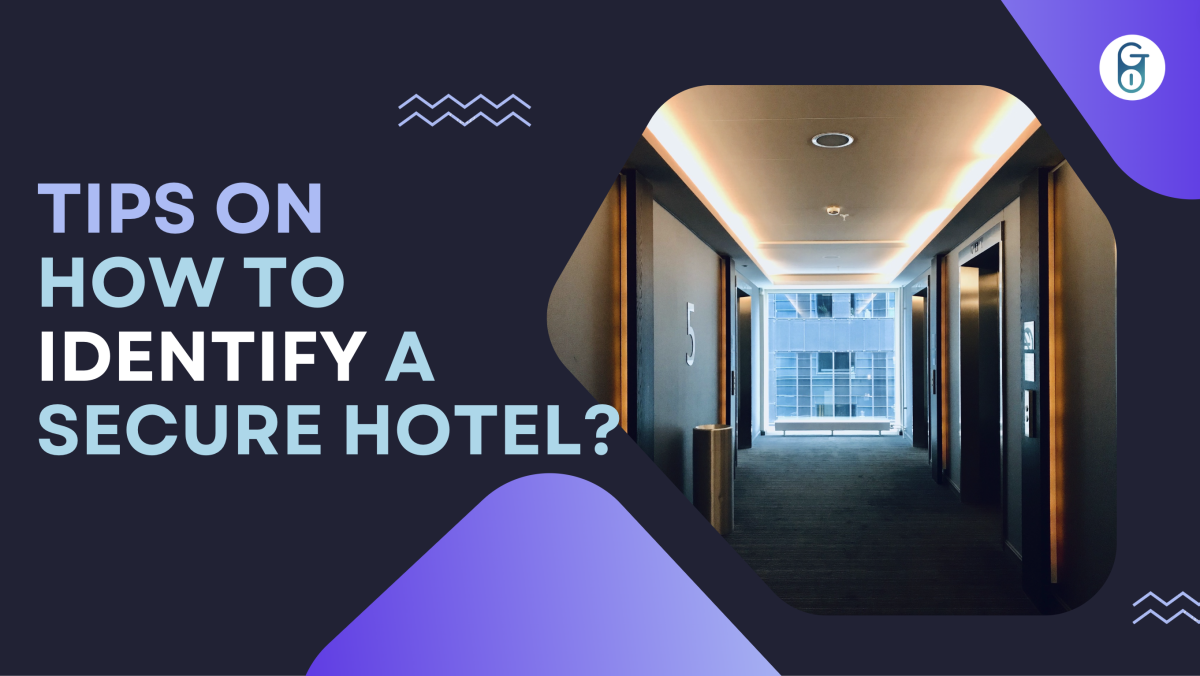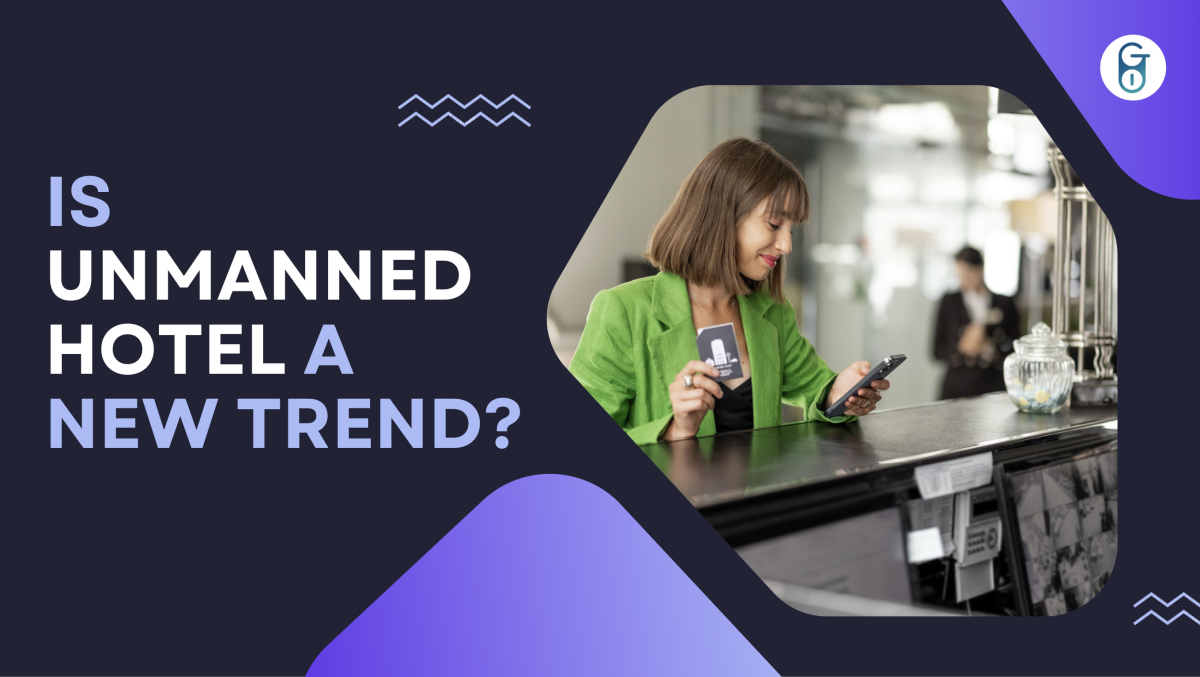The natural world offers so much for the senses that you almost don’t need to add any artificial stimuli to make it memorable. That said, hotels that tick all the boxes in terms of aesthetic usually stand out as being even more exceptional. And while there are many great Instagram hotels out there, some tend to lean a little more towards the gaudy side than others.
If you want to make your next staycation exceptional, look no further than these top 5 Instagrammable hotels. From luxurious to budget-friendly and everything in between, these hotels will make sure your photos are fully photogenic.
Legoland Hotel
If there’s one thing Legoland Hotel is famous for, it’s the sheer number of bricks it uses. This resort hotel is the perfect place to take photos with your favorite minifigures, and the themed rooms are guaranteed to make any Lego fan feel right at home. There are 4 types of theme rooms available, which include Adventure, Pirate, Kingdom, and Ninjago. All of them are filled with unique interactive Lego features that you will surely want to come back for more!
Apart from being an instagrammable hotel, it also comes with a wide range of activities for kids and families. From treasure hunting, pizza making, karaoke, to Lego mascot appearances, you might need to extend your staycation just to try them all.
As a 3-star hotel, Legoland Hotel went the extra mile to create a more kid-friendly experience. It comes with a kid-exclusive swimming pool, a Lego Game Room, a Lego Play area, and every guest room has a sleeping area dedicated to kids with their own TV!
The hotel is just steps away from the Legoland theme park, water park, and aquarium. Parking is free for all hotel guests. Not driving? No worries. They also provide airport shuttle services.
Kloe Hotel
If you are looking for a staycation with a gorgeous city view, Kloe Hotel is definitely a hidden jewel you won’t want to miss out on. Located right in the city center of Kuala Lumpur, the hotel is strategically positioned near Bukit Bintang MRT station and the iconic Petronas Twin Towers.
What makes this hotel instagrammable is definitely its interior design. It features art and furnishings by leading local designers. If you are a creative nomad, you are in for a treat. There are five types of themed rooms available for your creative pursuit, which include art, music, reading, food, and gardening. From fresh culinary ingredients, to painting supplies, to gardening tools, each of them comes with its own unique design and creative supplies to charge up your creativity.
There are several dining options to choose from when you don’t feel like going out. An industrial-chic cafe, a bar and a cozy restaurant, all under one roof. Don’t forget to check out their outdoor pool with an astonishing city view, perfect for your new profile pic!
KL Journal
Kuala Lumpur Journal Hotel, also known as KL Journal, was founded in 2015. This boutique hotel is situated at the heart of Bukit Bintang and has one of the best city views you could ever ask for in Kuala Lumpur. There’s a rooftop infinity pool, bar, and outdoor event spaces that are perfect for catching the sunset in the buzzling city of KL. Best for a fancy staycation or a romantic couple’s getaway.
The hotel also provides indoor event spaces for special occasions such as weddings, workshops, meetings, or as simple as a dinner party and BBQ party. The Gallery is a multipurpose meeting room with soundproof walls that can be closed off if you need some privacy.
The overall atmosphere of KL Journal is filled with a hip and funky vibe with a touch of luxury. The furnishings are sleek, modern, and comfortable, making every corner of the hotel Instagram-worthy! Don’t forget to check out the Swimming Club, where you can relax on a sunchair or hang out at the poolside bar with your besties,
Wolo Hotel
Wolo Hotel offers an impeccable city view as it faces the busiest street in Bukit Jalil. If you ever drive or take the MRT to Bukit Jalil, you will most likely spot it right at the corner of the junction. The location is perfect for cityscape shots. Even a photo taken from your room could be breathtaking!
Up for a shopping spree? Wolo Hotel is definitely the best choice for you! The hotel is located within walking distance to KL’s finest shopping establishments such as Pavilion, Lot 10, and Fahrenheit88 Shopping Mall. All within 500m!
There are 4 tiers of rooms ranging from Copper, Gold, and Platinum to the most luxurious Wolo suite. All of them are functional and extremely comfortable, making them the ideal space for creative nomads to focus and run wild with their imagination.
Lantern Hotel
You don’t have to spend a fortune just to enjoy a comfortable staycation. The Lantern Hotel is a budget boutique hotel that is not only affordable, but it also comes with a stylish industrial-meets-tropical design. The hotel provides a cheaper rate for those who wish to stay longer, with their best rate of 14 days for just the price of 10 days! A permanent stay is available too if you are interested.
The hotel is a four-storey building located at the heart of Petaling Street, Chinatown. It comes with a café with an open-air terrace. You don’t need to be a hotel guest to access the café. So feel free to invite friends over for a mug of beer.
The Lantern Hotel is situated near most of the important transport hubs. Therefore, you will have more options to navigate around the city as well as save time and money on travel.
Final Words
Nowadays, hotels are fighting to stand out from the crowd and attract everyone from budget backpackers to luxury brides. However, there are a few hotels that are a cut above the rest. The hotels on this list have been carefully designed to appeal to the Instagram generation. Remember to bring your camera if you’re planning a staycation at any of these hotels; you might just stumble across the perfect backdrop for your next post.
As a bonus, all of them are installed with Intego’s professional hotel security system. Enjoy your staycation without any concern!
Find out more about Intego’s security system here: (link)

